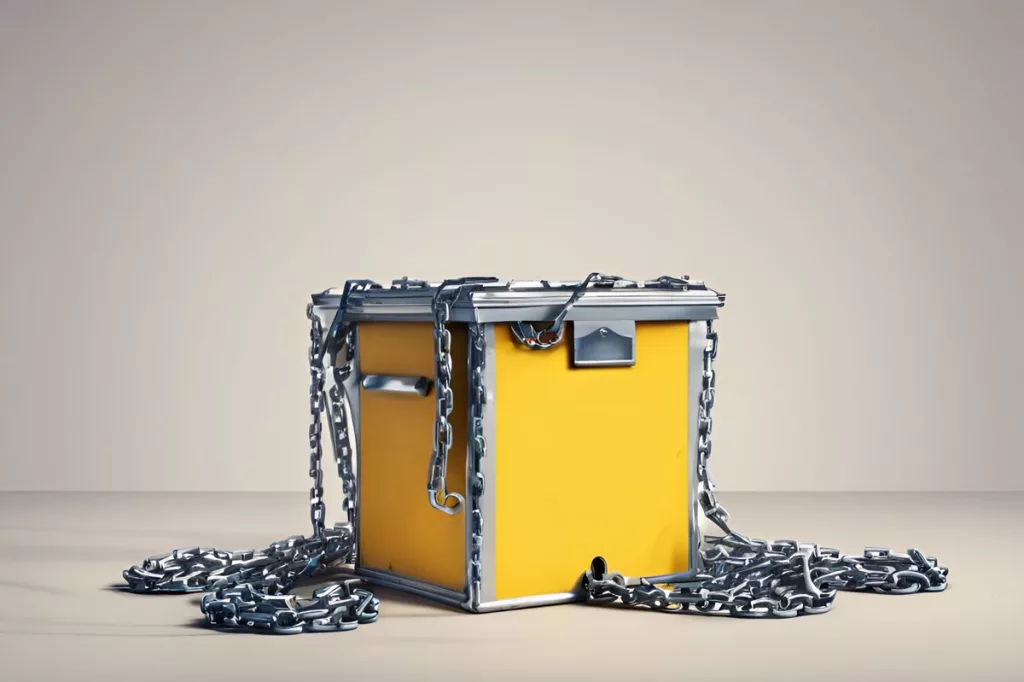Jacob Zuma, former South African President, has been expelled from the African National Congress (ANC), the political party he once led. Zuma’s endorsement of a competing party has stirred up the political scene ahead of the general elections in South Africa, and his expulsion marks a significant change in the nation’s political dynamics. Despite facing frequent accusations of corruption during his presidency, Zuma’s popularity remains robust, with nearly a third of South Africans expressing approval for him, particularly in his native province of KwaZuluNatal, a pivotal electoral district.
The Raging Controversy: Taxpayers’ Funds and the Rugby World Cup Trip in South Africa
South African taxpayers were outraged after it was revealed that Police Minister Bheki Cele’s executive assistant’s trip to the Rugby World Cup in France, costing over half a million Rand, was funded by public funds. The revelation sparked political outrage and a public uproar, prompting the opposition party, the Democratic Alliance, to launch a PAIA application to uncover more information about the trip. The controversy has highlighted the need for transparency, accountability, and ethical behavior among public officials in South Africa.
The role of politics in South African rugby is debated, particularly in light of Fikile Mbalula’s claim that his tenure as sports minister laid the groundwork for the Springbok’s success. Mbalula contends that he eliminated racial quotas, a move he believes led to Siya Kolisi’s appointment as captain of the team. However, many dispute Mbalula’s claims, and the debate highlights the interplay between politics and sportsmanship. Regardless of politics, the Springbok team’s accomplishments symbolize progress and unity, inspiring hope for South Africans and sports enthusiasts worldwide.
Cape Town’s Cultural Conflict: PRASA’s Relocation Plan Meets Resistance from Traditional Authorities
PRASA’s plan to relocate 900 households along a section of the railway line in Cape Town has met resistance from traditional authorities. The proposed relocation site near the Stock Road train station in Philippi East conflicts with traditional circumcision rituals that take place on the land during the months of June and December. The Somagwaza Institute, a nonprofit organization dedicated to preserving traditional Xhosa culture, has taken a firm stance against the plan and is actively opposing it. The future of the Metrorail Central Line remains uncertain as the conflict continues.
The Special Tribunal froze the luxury property of former National Lotteries Commission (NLC) chief operating officer Philemon Letwaba, as well as two other properties, including the residence of his wife, Rebotile Malomane, in a gated community in Pretoria. The Tribunal heard evidence that these properties were purchased with funds diverted from lottery grants. Letwaba resigned from the NLC while on suspension pending a disciplinary inquiry.





